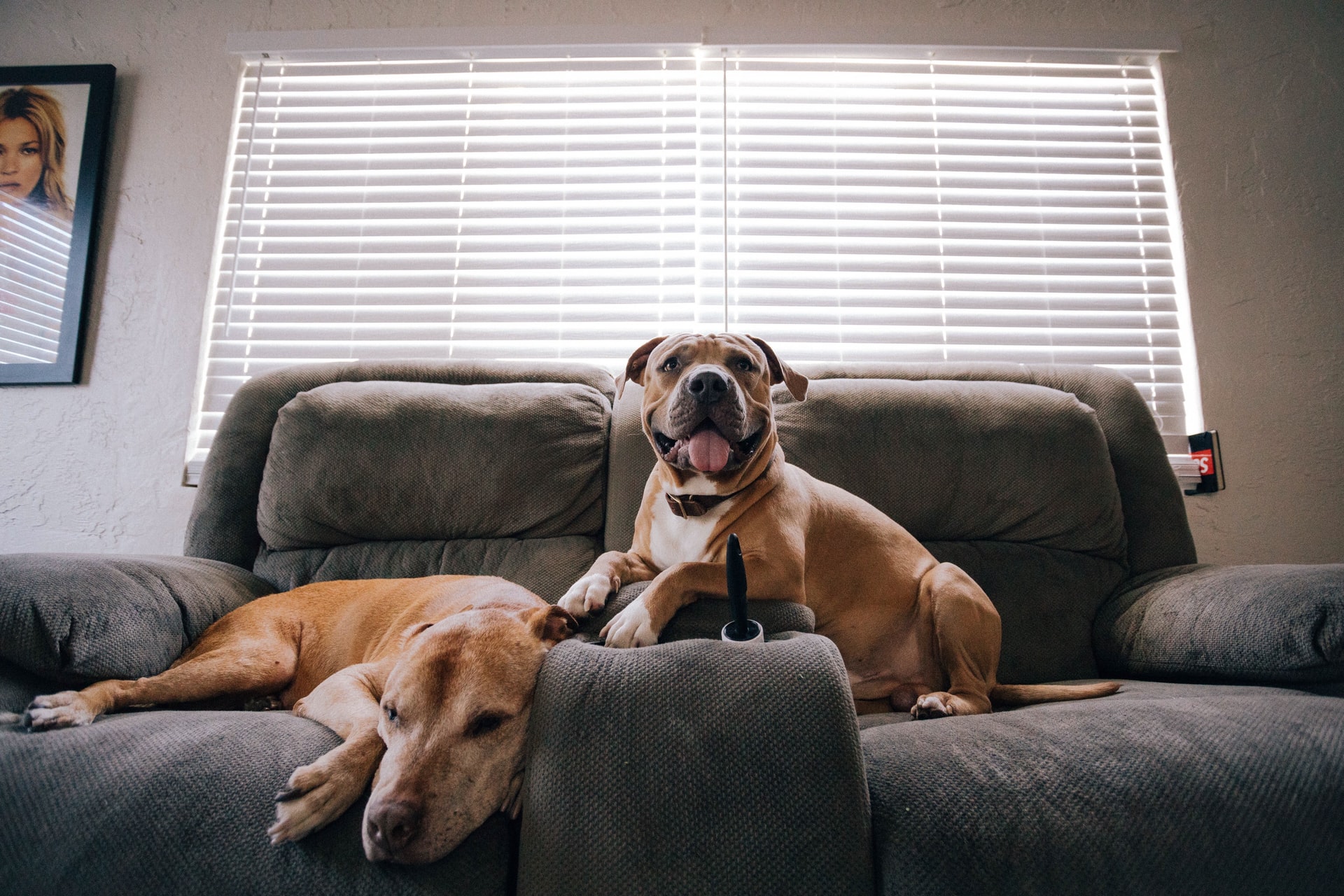Stress in Dogs: Why It’s Not Always a Bad Thing
When we talk about stress in dogs, most owners immediately think of it as something negative — something to avoid at all costs. And while it’s true that we want to keep our dogs safe and not overwhelm them, avoiding all stress isn’t always helpful. In fact, it can sometimes cause more harm than good.
Stress is Part of Life
Just like us, dogs experience stress in everyday situations. A sudden loud noise, another dog barking in their face, or something unusual on a walk can all create a spike in stress. What really matters is not that these things happen, but how well our dogs can recover afterwards.
When a dog is able to shake off a stressful moment and carry on without a meltdown, they’re building resilience. This is a vital life skill that helps them cope with future challenges.
Why Avoiding Stress Can Backfire
It’s natural to want to protect our dogs. But if we constantly shield them from anything uncomfortable, we can end up doing them a disservice. Imagine never letting a child face small frustrations — how would they learn to cope with life’s bigger challenges?
It’s the same with dogs. By never giving them the chance to practise bouncing back, we risk creating fragile, anxious dogs who struggle to cope with the realities of life.
The Balance: Safety + Exposure
Of course, this doesn’t mean we should throw our dogs into situations that we know will overwhelm them. Safety and welfare always come first. But equally, we shouldn’t aim for a stress-free bubble.
Instead, we should:
-
Protect them from harm – avoid situations that are clearly too much or unsafe.
-
Allow manageable challenges – let them experience little bumps in the road, like a sudden noise or a dog barking.
-
Support recovery – praise calmness, lead with confidence, and show your dog that the world hasn’t ended. Your own calm, steady response will rub off on them.
It’s these small, manageable experiences that help dogs build confidence and emotional resilience.
Helping Your Dog Bounce Back
If your dog struggles with recovery, here are a few tips:
-
Keep stressful exposures brief and followed by something positive (play, treats, or praise).
-
Practise calm activities after a stressor, like a settle on a mat.
-
Celebrate the “bounce back” moments — the shake-off, the sigh, the choice to re-engage with you.
Over time, this builds a dog who can handle life’s ups and downs without it spilling over into bigger behavioural issues.








